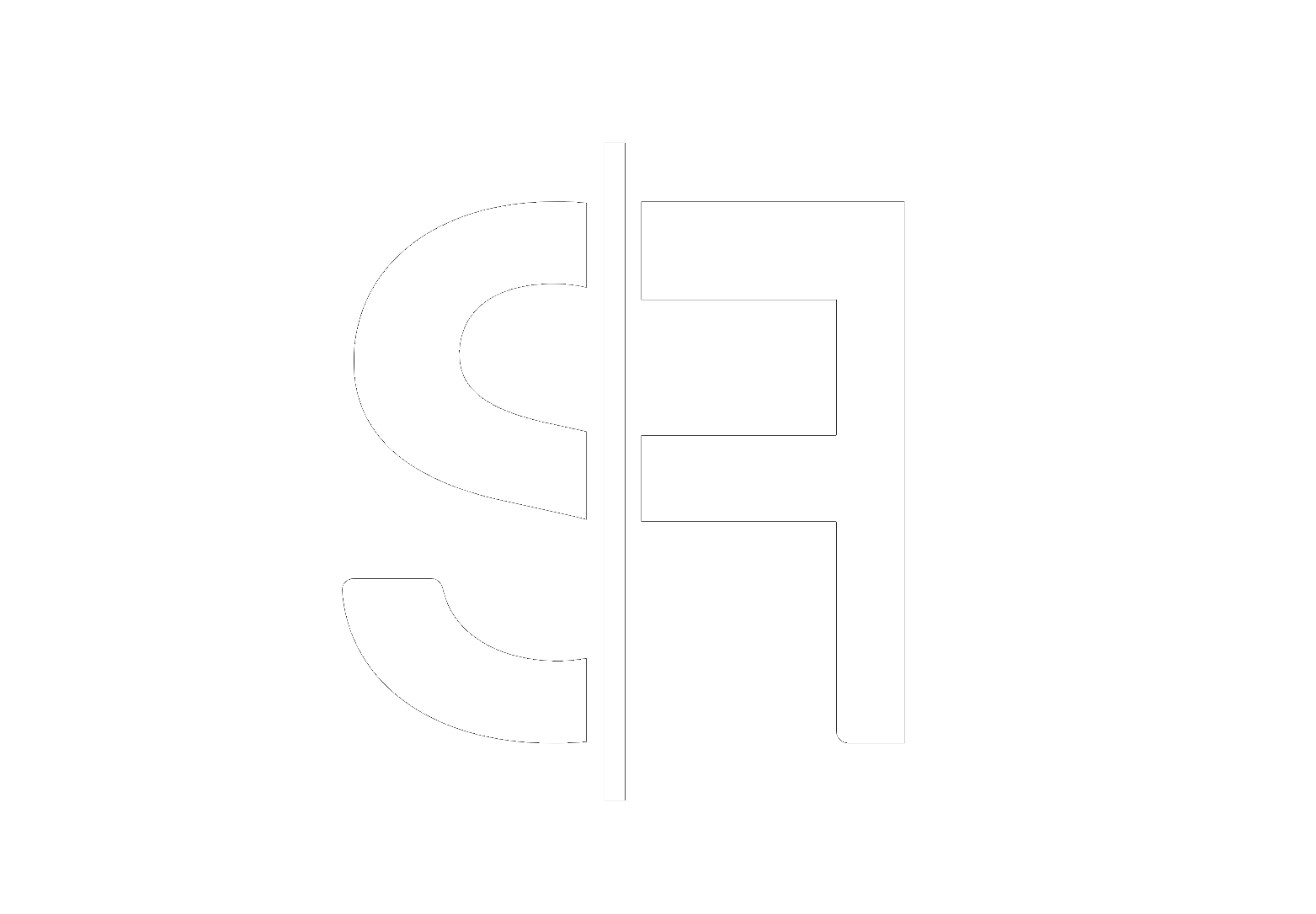How to Use Apex Schedulers for Recurring Tasks
In the world of Salesforce development, efficiently managing recurring tasks is paramount. This is where **Apex Schedulers for recurring tasks** come into play, offering a robust and automated solution. Whether you need to send out daily reports, clean up old data, or trigger complex business processes at specific intervals, Apex Schedulers provide the flexibility and power to get the job done reliably. Understanding how to leverage these tools can significantly streamline your administrative efforts and enhance your Salesforce org’s functionality.
What are Apex Schedulers?
Apex Schedulers are a type of Apex class that implement the `Schedulable` interface. This interface requires a single method, `execute()`, which contains the code that will run when the scheduled job is triggered. Essentially, Apex Schedulers allow you to define a block of Apex code and then schedule its execution at a future point in time, or on a recurring basis.
This powerful feature is built into the Salesforce platform, meaning you don’t need to rely on external scheduling tools or complex workarounds. By mastering **Apex Schedulers for recurring tasks**, you can automate a wide range of operations within your Salesforce instance.
Key Use Cases for Apex Schedulers
The applications for Apex Schedulers are vast and varied. Here are some common scenarios where they shine:
Automated Reporting
Generate and email reports automatically. For example, you can schedule a daily or weekly summary of new leads, opportunities nearing close, or support cases needing attention.
Data Management and Cleanup
Regularly clean up your data by deleting old records, archiving outdated information, or updating fields based on specific criteria. This is crucial for maintaining data integrity and performance.
Integration with External Systems
Trigger integrations with external systems at predefined times. This could involve pushing data to an accounting system, pulling information from a marketing automation platform, or initiating batch processing.
Business Process Automation
Automate complex business logic that needs to run periodically. This might include recalculating commission structures, sending out renewal reminders, or updating stages in a long-running process.
How to Create and Schedule an Apex Scheduler
Step 1: Write Your Apex Class
First, you need to create an Apex class that implements the `Schedulable` interface. Here’s a basic example:
public class MyRecurringTaskScheduler implements Schedulable {
public void execute(SchedulableContext sc) {
// Your code to perform the recurring task goes here
System.debug('My recurring task has been executed!');
// Example: Query and process records
// List<Account> accountsToUpdate = [SELECT Id FROM Account WHERE LastModifiedDate < LAST_N_DAYS:30];
// for(Account acc : accountsToUpdate) {
// acc.Description = 'Archived by scheduler';
// }
// update accountsToUpdate;
}
}
Step 2: Schedule the Apex Class
Once your class is written, you can schedule it using one of two methods:
Method 1: Using the Salesforce UI (Developer Console or Setup)
You can schedule jobs directly through the Salesforce user interface. This is a user-friendly way for administrators to manage simple schedules. Navigate to:
- Developer Console: Debug > Open Execute Anonymous Window. Enter code like:
System.schedule('My Daily Task 1', '0 30 2 * * ?', new MyRecurringTaskScheduler()); - Setup: Search for “Apex Classes,” click “Schedule Apex.”
Method 2: Programmatically via Apex
You can also schedule jobs directly within other Apex code. This is useful for dynamic scheduling or when the schedule is initiated by a specific event.
String cronExpression = '0 30 2 * * ?'; // Runs daily at 2:30 AM
String jobName = 'My Daily Task Programmatic';
System.schedule(jobName, cronExpression, new MyRecurringTaskScheduler());
Understanding Cron Expressions
The second argument in `System.schedule()` is a cron expression. This is a powerful way to define complex schedules. The format is typically:
Minute Hour DayOfMonth Month DayOfWeek YearFor example:
0 0 12 * * ?– Every day at 12:00 PM (noon).0 0 8 ? * MON-FRI– Every weekday (Monday-Friday) at 8:00 AM.0 0 0 1 * ?– On the first day of every month at midnight.
Salesforce has specific rules for cron expressions, which you can find in the official Salesforce documentation. Mastering these expressions is key to effective **Apex Schedulers for recurring tasks**.
Best Practices for Apex Schedulers
To ensure your scheduled tasks run smoothly and efficiently:
- Keep Apex Classes Focused: Each scheduler class should ideally perform a single, well-defined task.
- Handle Governor Limits: Be mindful of Apex governor limits. Break down large operations into smaller batches using techniques like Database.Batchable or by scheduling multiple smaller jobs.
- Implement Robust Error Handling: Use try-catch blocks within your `execute` method to log errors and prevent the entire job from failing.
- Test Thoroughly: Always test your scheduled Apex classes in a sandbox environment before deploying them to production.
- Monitor Scheduled Jobs: Regularly check the Apex Jobs page in Setup to ensure your scheduled jobs are running as expected and to identify any failures.
Considerations for Enterprise-Level Solutions
For more complex scheduling needs or when dealing with very large data volumes, consider integrating with Salesforce’s robust Batch Apex capabilities. Batch Apex is designed for processing records in chunks, which helps in managing governor limits more effectively.
If you’re looking for a partner to help you implement sophisticated automation or custom solutions within Salesforce, consider our expert services. We can help you design and build **Apex Schedulers for recurring tasks** and other custom functionalities tailored to your business needs. Visit our Services page to learn more about what we offer, or Contact us for a consultation.
For official Salesforce documentation on Apex scheduling, you can refer to the Salesforce Developer Documentation.
By effectively utilizing Apex Schedulers, you can unlock significant potential for automation and efficiency within your Salesforce org. Explore the possibilities and streamline your business processes today!

